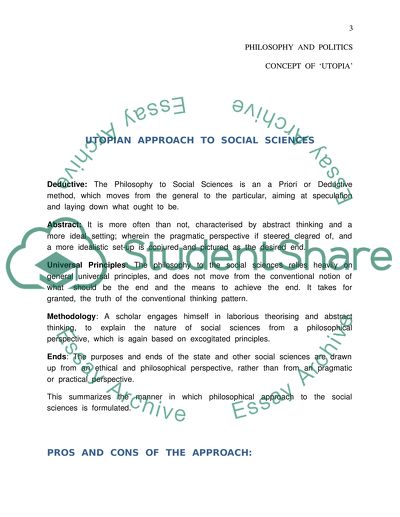Cite this document
(“Is Concept Of Social Science Inherently Utopian Essay”, n.d.)
Is Concept Of Social Science Inherently Utopian Essay. Retrieved from https://studentshare.org/philosophy/1502277-is-concept-of-social-science-inherently-utopian
Is Concept Of Social Science Inherently Utopian Essay. Retrieved from https://studentshare.org/philosophy/1502277-is-concept-of-social-science-inherently-utopian
(Is Concept Of Social Science Inherently Utopian Essay)
Is Concept Of Social Science Inherently Utopian Essay. https://studentshare.org/philosophy/1502277-is-concept-of-social-science-inherently-utopian.
Is Concept Of Social Science Inherently Utopian Essay. https://studentshare.org/philosophy/1502277-is-concept-of-social-science-inherently-utopian.
“Is Concept Of Social Science Inherently Utopian Essay”, n.d. https://studentshare.org/philosophy/1502277-is-concept-of-social-science-inherently-utopian.


